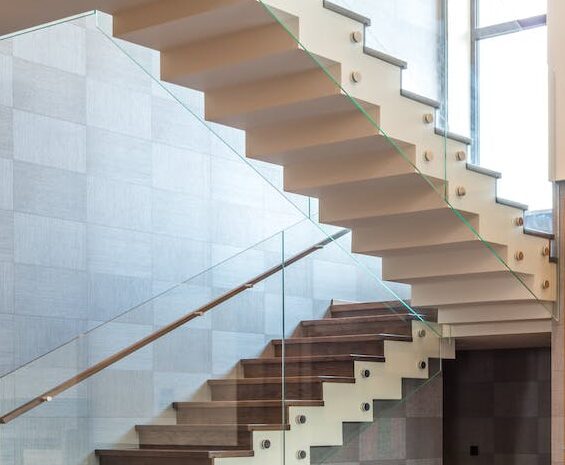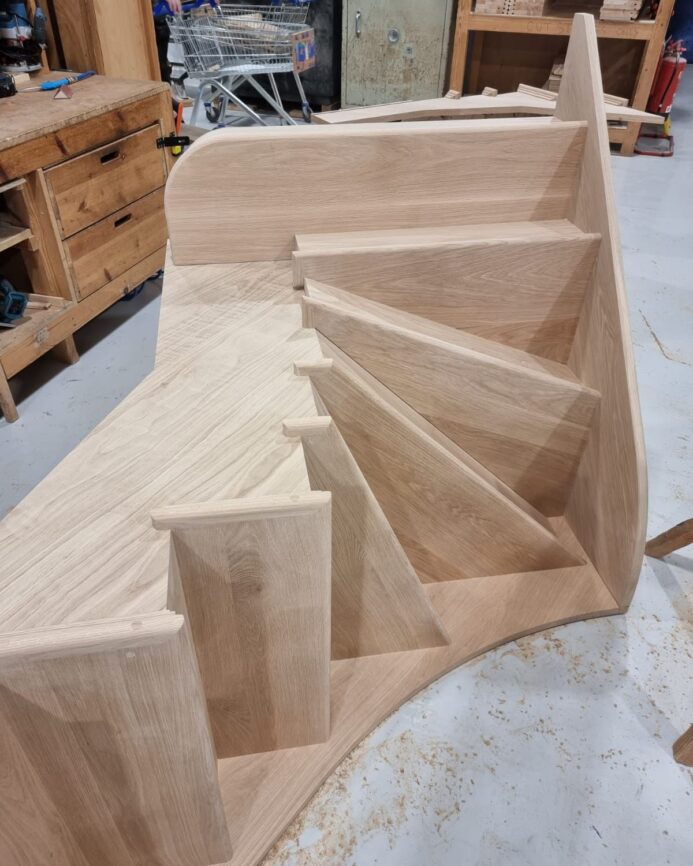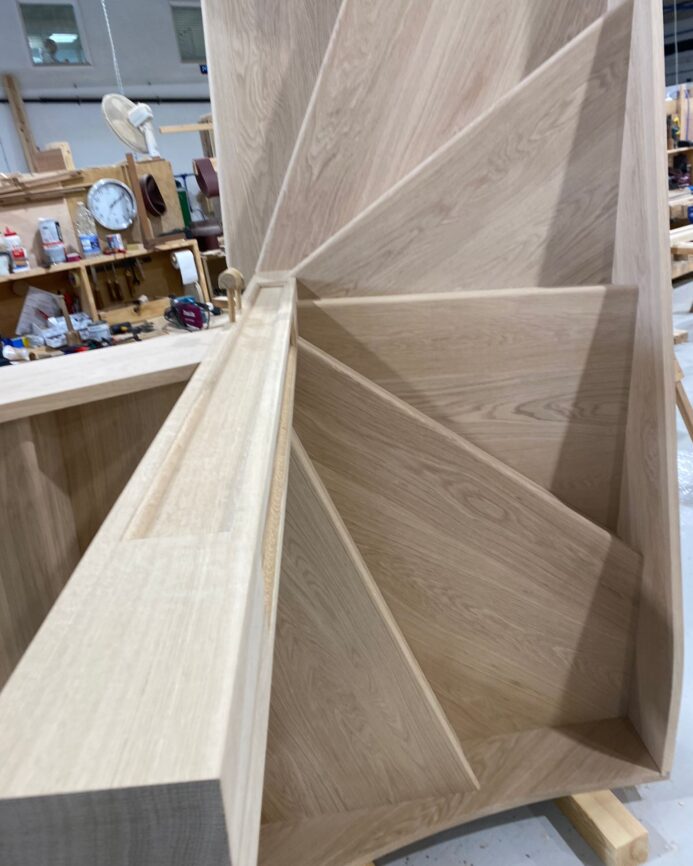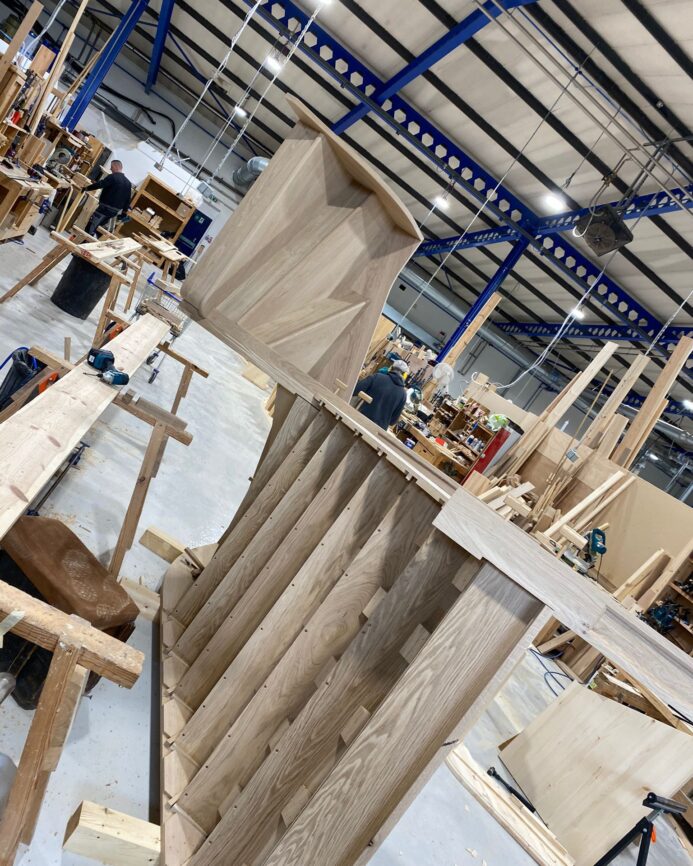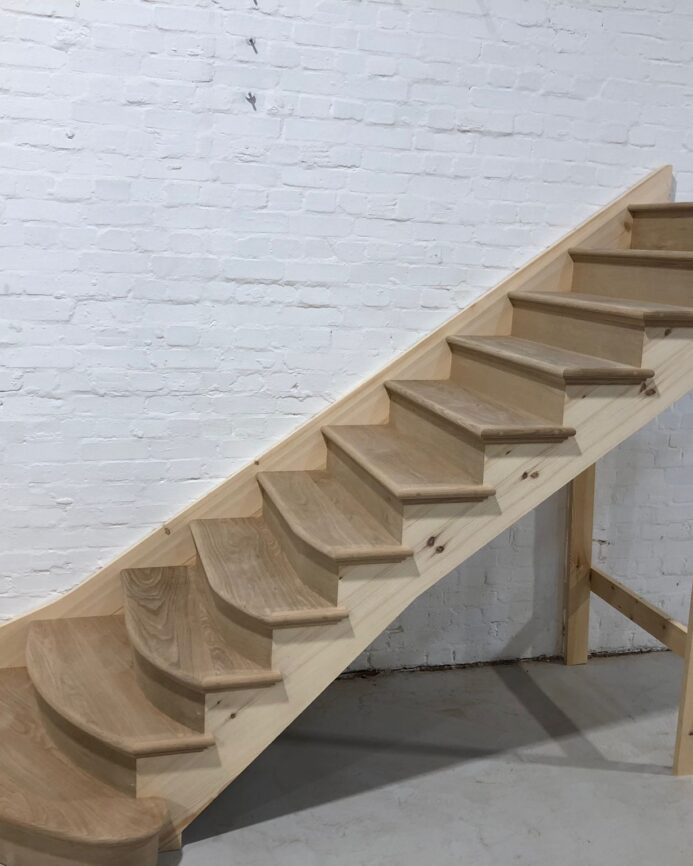Are Wooden Stairs Safe?
In the quest for both aesthetic appeal and functional design within homes, wooden stairs stand out as a timeless choice. Not only do they offer a warm, natural look that can seamlessly integrate into any home design, but they also raise questions about their safety and durability. For house builders and homeowners alike, understanding the safety, benefits, and features of wooden stairs is essential.
The Durability of Wooden Stairs
Wooden stairs are renowned for their durability and strength. When constructed from high-quality timber and treated with the right finishes, wooden stairs can withstand the test of time, maintaining their integrity and appearance for decades. The key to their longevity lies in the selection of wood. Hardwoods such as oak, maple, and walnut are popular choices due to their dense nature and resistance to wear and tear. This durability ensures a safe structure that minimizes the risk of accidents caused by material failure.
Safety Features
Safety is a paramount concern when it comes to stair design. Wooden stairs offer several features that enhance their safety:
- Non-slip Treatments: Modern advancements allow for wooden stairs to be treated with non-slip finishes, significantly reducing the risk of slips and falls, a common concern with polished surfaces.
- Integrated Handrails: The addition of sturdy, well-designed handrails is a crucial safety feature for any stairway, providing support and stability for users of all ages.
- Customizable Designs: Wooden stairs can be tailored to meet specific safety standards, including appropriate tread depth, riser height, and overall stair width, ensuring a safe ascent and descent.
Aesthetic Appeal and Versatility
One of the most compelling benefits of wooden stairs is their aesthetic appeal. Wood brings a natural beauty that can complement any interior design scheme, from traditional to contemporary. The versatility of wood allows for a wide range of styles, finishes, and colours, making it possible to design stairs that are both a focal point and a seamless part of the home’s overall decor.
Environmental Benefits
Wood is a renewable resource, and when sourced responsibly, it represents an environmentally friendly choice for stair construction. Wooden stairs can also contribute to a home’s energy efficiency by providing natural insulation. Moreover, the longevity of wooden stairs means less frequent replacements, reducing waste and the demand for new materials.
Cost-Effectiveness
While the initial cost of wooden stairs may be higher than some alternatives, their durability and longevity make them a cost-effective choice in the long term. Wooden stairs require minimal maintenance to keep them looking their best, and minor repairs can often be made easily, without the need for complete replacement. This makes wooden stairs an economically sound choice for both house builders and homeowners looking for a balance between initial investment and long-term value.
In conclusion, wooden stairs are not only safe but offer a range of benefits and features that make them a desirable choice for any home. Their durability, safety features, aesthetic appeal, environmental benefits, and cost-effectiveness make them an excellent option for house builders and homeowners alike. By choosing high-quality materials and adhering to safety standards, wooden stairs can enhance the beauty and functionality of a home while ensuring the safety and well-being of its inhabitants.

